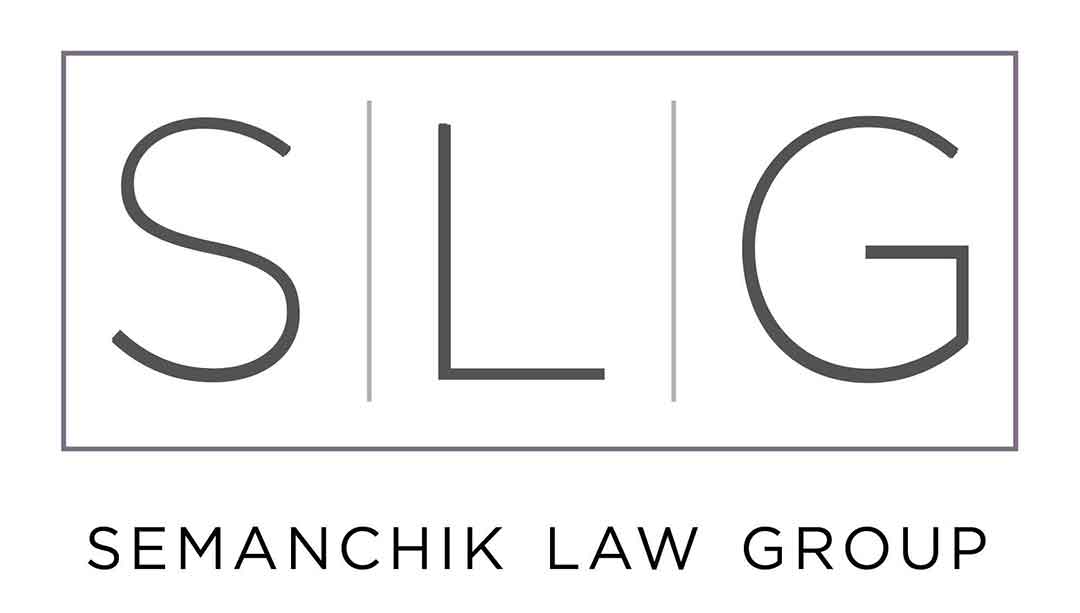If you have been running a California nonprofit for at least a few years, you are probably quite familiar with the long list of documents that you are expected to file on a regular basis to stay compliant with state law. However, as you may know, the California Attorney General’s Office makes changes to these forms from time to time. This year, the state has made the following noteworthy update to nonprofit compliance documents:
Form RRF-1
Most California nonprofit organizations are required to file Form RRF-1 every year to renew their state registration – even if they do not ordinarily file any version of IRS Form 990.
When completing Form RRF-1 this year, you may see that the state has removed the question that once read, “During this reporting period, did non-program expenditures exceed 50% of gross revenue?” It is widely believed that the Attorney General’s Office chose to get rid of this question to avoid further spread of the overhead myth.
You are also likely to notice that Form RRF-1 now asks charitable organizations to disclose the value of the noncash contributions that they have received. Such contributions may include pharmaceuticals, food, and clothing. If you aren’t sure how to answer this question, your San Diego nonprofit attorney or accountant should be able to point you in the right direction.
A brief list of some of the smaller alterations made to Form RRF-1 would include:
- Requiring nonprofits to list all DBAs they are currently using or have used in the past
- Requiring charitable organizations to report whether or not they held restricted net assets, while simultaneously reporting negative unrestricted net assets
- Requiring that the document be signed by an authorized agent instead of an authorized officer
Form CT-1
You are only likely to have to fill out Form CT-1 if you intend to create a new nonprofit in the state of California. However, should you find yourself in such a situation, you should be aware that this document now asks, “Is the organization under common control, does it have a close connection with, or is it related to, any other nonprofit or for-profit organization or trust?”
This alteration seems to have been made so that the Attorney General’s Office can get a better understanding of the relationships between the nonprofits and businesses in the state. If you have any trouble answering this question, your California charity lawyer should be able to assist.
A short sampling of some of the other noteworthy changes to Form CT-1 would include:
- Requiring nonprofits to list all DBAs they are currently using or have used in the past
- Requiring charitable organizations to disclose whether any of their directors, employees, officers, or trustees are related by blood, adoption, or marriage.
- Requiring nonprofits to disclose whether any of their directors, officers, or trustees have been convicted of a crime involving deception in the operation of a charity or a crime involving the misuse or misappropriation of funds.
Form CT-TR-1
Form CT-TR-1 is new for 2020. The Attorney General’s Registry of Charitable Trusts now requires all nonprofits with annual revenues of less than $50,000 to file this form alongside Form RRF-1. This short document asks for a brief breakdown of a charity’s assets, liabilities, revenue, and expenses.
Your Trusted San Diego Nonprofit Attorney
At the Semanchik Law Group, we know that keeping up with the ever-changing world of nonprofit compliance can be a challenge. If you need a California charity lawyer to give you little help along the way, please do not hesitate to give us a call at (619) 535-1811. We look forward to hearing from you!


